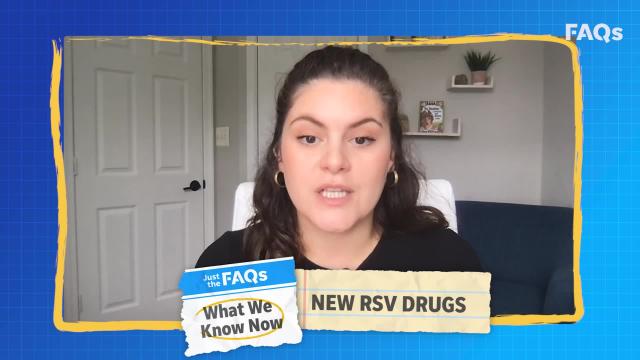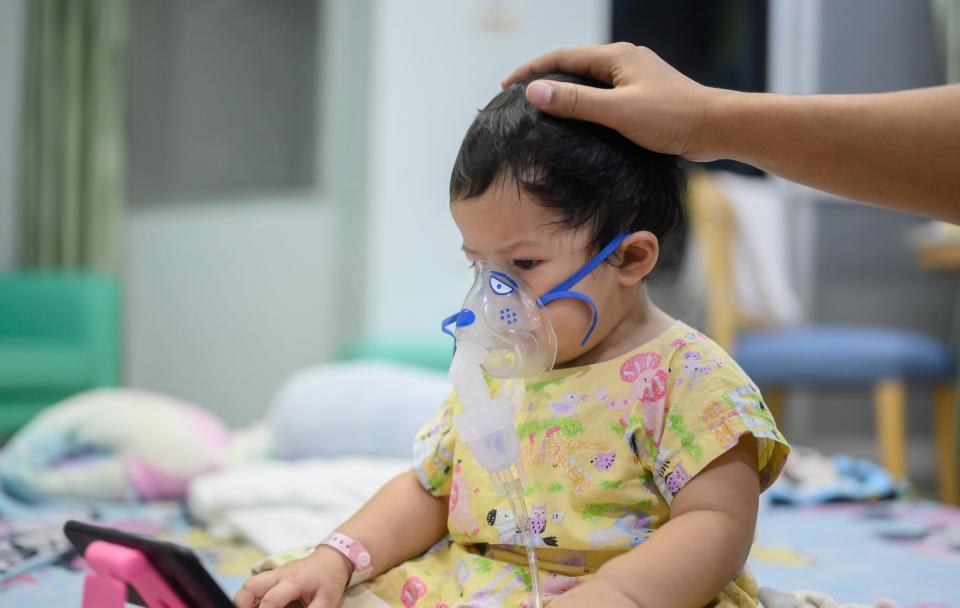Vaccine mixup: Incorrect RSV shots given to 128 pregnant women and 25 babies, CDC says

The U.S. Centers for Disease Control is urging healthcare providers to be more careful, issuing a report saying that 128 pregnant women and 25 babies received incorrect vaccines.
The CDC reported the mistake involving two vaccines used to treat RSV, a serious respiratory virus. The vaccines were approved for distribution in May.
Neither of the vaccines, Pfizer Abrysvo made by Pfizer, and Arexvy made by GSK, were listed as safe to treat children experiencing the illness, and Arexvy has not been approved for pregnant women. Yet as of Jan. 17, both were administered to 128 pregnant women and 25 babies, according to the CDC, though the agency noted that " these types of errors are uncommon."
This news is relative to the estimated one million infants protected from RSV either by nirsevimab, an immunization recommended for infants younger than 8 months born during RSV season, or through the vaccination of pregnant people, the CDC says.
Those reported to have received the unapproved vaccines have had no serious side effects, the CDC says.

FDA approves first RSV vaccine: Here's what else is in the works
RSV burden estimates
The country begins to see RSV surface in early fall and steadily climb through winter until the illness trails off in early spring.
According to data compiled by the CDC, each year in the United States:
2.1 million kids under five are treated for RSV (outpatient cases)
58,000 to 80,000 kids under 5 are hospitalized with RSV
60,000 to 160,000 adults 65 and over are hospitalized with RSV
6,000 to 10,000 adults 65 and older die from RSV
100 to 300 kids under 5 die from RSV
Signs of RSV

Babies under 6 months old are especially vulnerable to RSV due to the fact that their immune systems are still developing and their respiratory airways smaller, USA TODAY previously reported. Health experts interviewed mentioned the risk of developing bronchiolitis is greater in these infants, that usually requires respiratory support in the hospital.
The CDC says symptoms of RSV tend to appear within four to six days after infection and may include:
Runny nose
Coughing
Sneezing
Fever
Wheezing
Health experts say these symptoms typically resolve on their own within a week or two. In infants under 6 months, the only discernible symptoms may be increased irritability or lethargy, decreased appetite, or working harder to breathe.
Adrianna Rodriguez contributed to this story.
This article originally appeared on USA TODAY: Incorrect RSV shots given to 128 pregnant women and 25 babies, CDC says
Solve the daily Crossword

